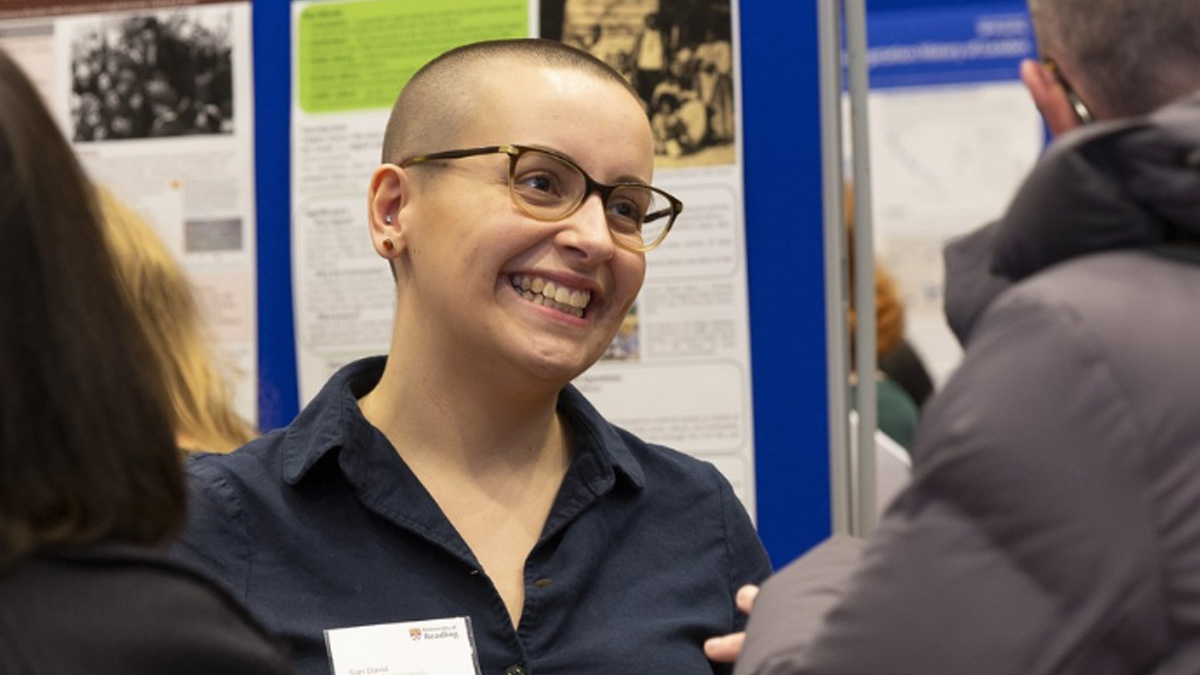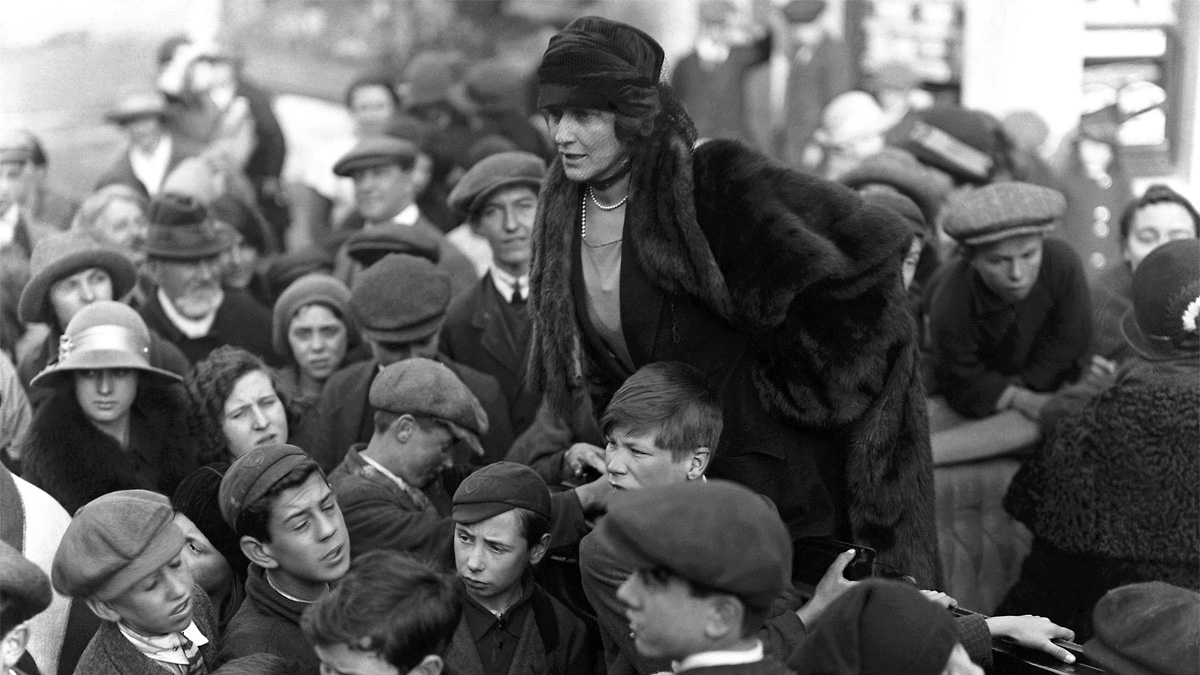Sir Frank Merry Stenton (1880-1967) was Professor of Medieval History from 1912 to 1946 and Vice-Chancellor from 1946 to 1950. His major works were The First Century of English Feudalism, 1066-1166 (1932) and Anglo-Saxon England (1943). He also contributed to the Victoria County Histories and studied English place names and coins.
As Vice-Chancellor, he presided over the University's purchase of Whiteknights Park, creating the new campus that allowed for the expansion of the university in later decades.
Lady Doris Stenton (1894-1971) was Lecturer, Senior Lecturer and Reader in History at the University of Reading from 1920 to 1959. Her major works were English Society in the Early Middle Ages (1066-1307) (1951) and The English Woman in History (1957). She made important contributions to the study of medieval charters and was instrumental in reviving the Pipe Roll Society.
Both Stentons were medievalists and together they were responsible for building the reputation of the University of Reading as a centre for historical excellence. They were responsible for the Stenton Library, their combined academic working libraries, which is as important a resource today as it was in the Stentons' lifetime.
The Stenton Library and Collections
The library comprises some 4700 printed volumes, plus pamphlets and offprints. English medieval history is the emphasis of the collection; other collection strengths include English history in general, religion and church history, local history, charters, law, and women's history. There are over 1100 pre-1851 English and continental works and the Library also includes Stenton's coin collection.
Both the Stenton Library and the coin collection are held by the University's Special Collections, which also houses their papers. This collection includes correspondence, photographs, financial records, diaries and notebooks of the 19th century Stenton family; personal correspondence, financial papers, photographs, diaries and journals of Sir Frank and Lady Stenton; papers relating to Sir Frank's appointment as Professor of Modern History 1912.
There are also deeds and charters 1587-1803; transcripts and historical notes; drafts of articles, addresses and books, including Anglo-Saxon England; reviews; committee papers, especially of the History of Parliament Trust 1948-1953; sundry papers, including obituaries of Sir Frank Stenton.





